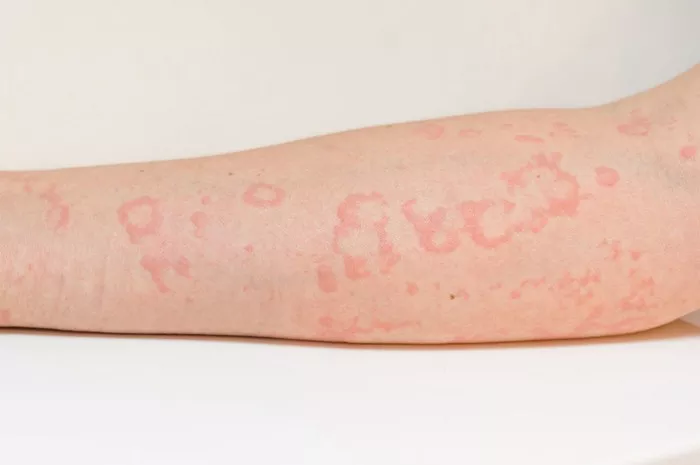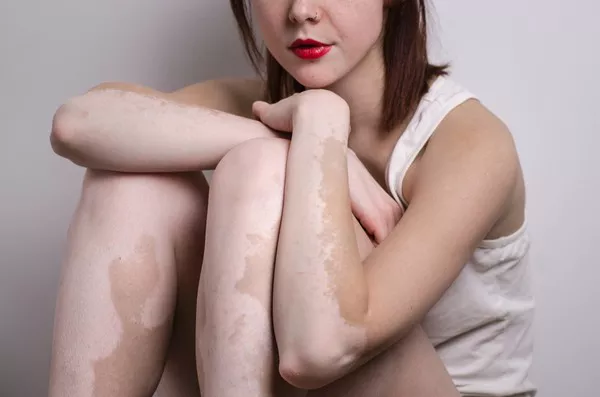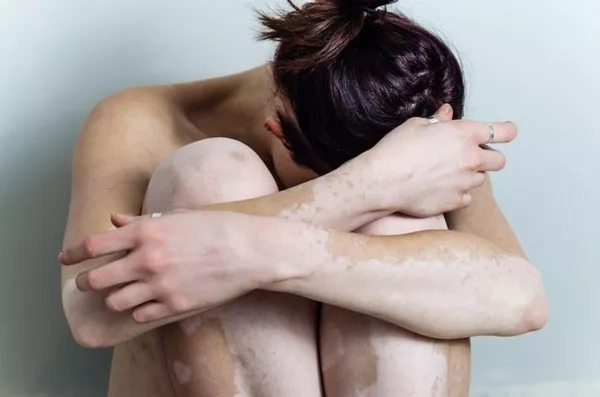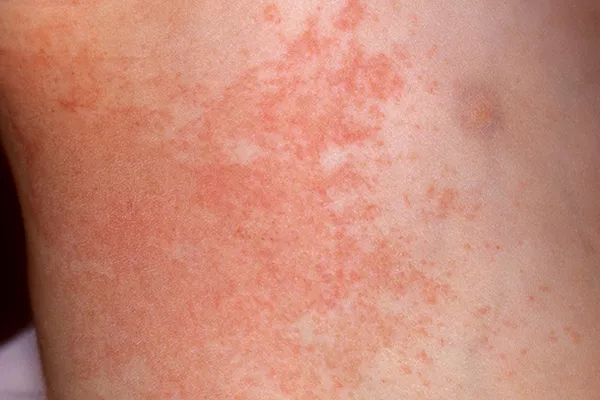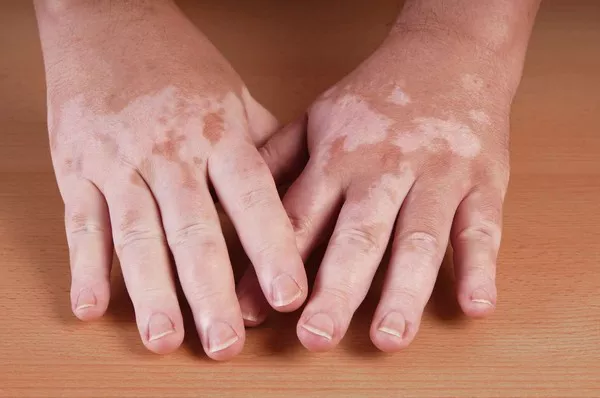Exploring the Principles of Homeopathy
Homeopathy, a holistic system of medicine founded in the late 18th century by German physician Samuel Hahnemann, operates on the principle of “like cures like.” This means that a substance that causes symptoms in a healthy person can be used to treat similar symptoms in someone who is unwell. The preparations used in homeopathy, known as remedies, are highly diluted substances derived from plants, minerals, or animals.
One of the fundamental beliefs in homeopathy is the concept of individualization. Rather than treating a disease or condition in isolation, homeopathy focuses on the unique symptoms and characteristics of each individual. This personalized approach aims to stimulate the body’s innate healing mechanisms and restore balance on physical, mental, and emotional levels.
Understanding Chronic Urticaria
Chronic urticaria, also known as chronic hives, is a skin condition characterized by the sudden appearance of red, itchy welts or raised bumps (hives) on the skin. These hives can vary in size and shape and may come and go over a period of weeks, months, or even years. While the exact cause of chronic urticaria is often unknown, it is believed to involve an immune system reaction that leads to the release of histamine and other chemicals in the skin.
Common triggers for chronic urticaria include certain foods, medications, insect bites, stress, and exposure to cold or heat. In many cases, conventional treatment for chronic urticaria involves antihistamines and other medications to alleviate symptoms and manage flare-ups. However, these treatments may not always provide satisfactory relief and can sometimes cause side effects.
Homeopathy for Urticaria
Homeopathy offers a gentle yet effective approach to managing chronic urticaria by addressing the underlying imbalances in the body. Rather than simply suppressing symptoms, homeopathic remedies aim to stimulate the body’s self-healing mechanisms and restore harmony on all levels.
Homeopathic treatment for chronic urticaria involves a thorough assessment of the individual’s symptoms, triggers, and overall health status. Based on this information, a qualified homeopathic practitioner selects a remedy that closely matches the person’s unique symptom picture and constitutional type.
Homeopathic remedies commonly used for chronic urticaria include:
1. Apis mellifica: Derived from the honeybee, Apis mellifica is indicated for urticaria with stinging, burning pain and swelling. The hives may be red and swollen, with a tendency to worsen from heat and improve with cold applications.
2. Urtica urens: Made from the stinging nettle plant, Urtica urens is recommended for urticaria with intense itching and burning sensations. The hives may be accompanied by a prickling or stinging sensation, and cold applications may provide relief.
3. Rhus toxicodendron: Prepared from poison ivy, Rhus toxicodendron is suited to urticaria with intense itching and burning, aggravated by cold and damp weather. The hives may be red, swollen, and accompanied by restlessness and a desire to constantly move.
4. Arsenicum album: Derived from arsenic trioxide, Arsenicum album is indicated for urticaria with burning, itching, and restlessness. The hives may be accompanied by anxiety, fear, and a desire for warmth.
5. Sulphur: Made from elemental sulfur, Sulphur is prescribed for chronic urticaria with intense itching, burning, and heat. The hives may be aggravated by warmth and washing, and the person may have a tendency to feel hot and sweaty.
It is important to note that homeopathic remedies are selected based on the individual’s complete symptom picture and overall constitution. Consulting a qualified homeopathic practitioner is essential for accurate remedy selection and monitoring of progress.
Additional Considerations:
1. Embracing Lifestyle and Dietary Changes
In addition to homeopathic treatment, making lifestyle and dietary changes can play a significant role in managing chronic urticaria. Identifying and avoiding triggers such as certain foods, stress, and environmental factors can help reduce the frequency and severity of flare-ups. Incorporating stress-reducing techniques such as meditation, yoga, and deep breathing exercises can also be beneficial in supporting overall health and well-being.
2. Addressing Safety Concerns and Side Effects
Homeopathic remedies are generally considered safe when used as directed under the guidance of a qualified practitioner. Because they are highly diluted and undergo a process of potentization, homeopathic remedies are free from toxic side effects commonly associated with conventional medications. However, it is important to follow dosage instructions carefully and consult a healthcare professional if there are any concerns or adverse reactions.
3. Finding Qualified Homeopathic Practitioners
For individuals seeking homeopathic treatment for chronic urticaria, it is essential to work with a qualified and experienced practitioner. The best way to find a reputable homeopath is to seek recommendations from trusted sources such as healthcare professionals, friends, or family members who have had positive experiences with homeopathy. Additionally, professional organizations such as the National Center for Homeopathy can provide resources and referrals to qualified practitioners in your area.
Conclusion
In conclusion, homeopathy offers a safe and effective approach to managing chronic urticaria by addressing the underlying imbalances in the body and stimulating the body’s natural healing mechanisms. By taking into account the individual’s unique symptoms, triggers, and overall constitution, homeopathic remedies can provide lasting relief from the discomfort and distress associated with this challenging condition. However, it is important to consult a qualified homeopathic practitioner for personalized treatment and guidance on lifestyle and dietary changes to support optimal health and well-being.

